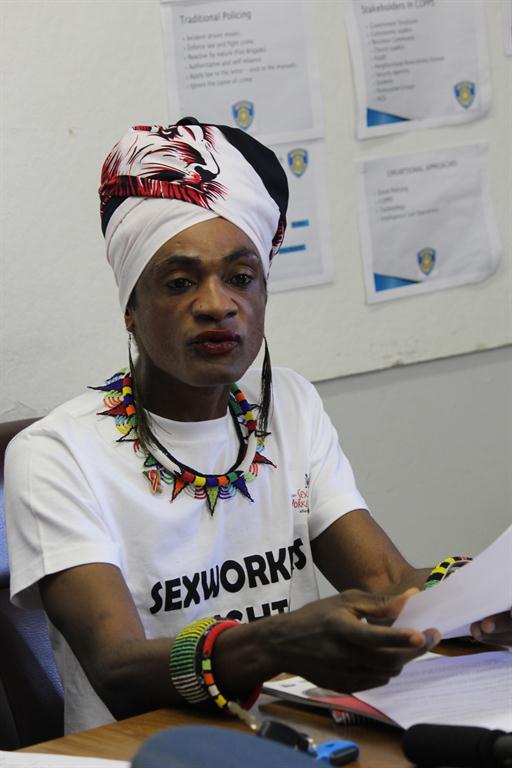Govt tiptoes around sodomy law
The United Nations Human Rights Council wants Namibia to decriminalise sodomy but there appears to be resistance from the government.
According to Justice Minister Albert Kawana, the constitution is not cast in stone but it can also not be amended overnight.
He pointed out clearly that certain issues require the mandate of the Namibian nation. Although he is in favour of a referendum on the issue, he pointed out that the constitution does not speak of sexual orientation but about man and woman. Kawana also cited Article 14 (1) of the Namibian Constitution which stipulates that “men and women of full age, without any limitation due to race, colour, ethnic origin, nationality, religion, creed or social or economic status shall have the right to marry and to find a family.” Based on this, Kawana said there is no way same-sex marriages can be allowed.
He also noted that there may be moral implications and that there is a need for “careful study and extensive consultations”.
Sodomy is considered punishable crime through the Combating of Immoral Practices Act 21 of 1980, but is a common law crime through the Roman Dutch laws that the country inherited at independence. The courts have also not declared the Act or the section on Sodomy unconstitutional yet.
According to the UN committee, the Namibian government must abolish the common law crime of sodomy and include same-sex relationships in the Combating of Domestic Violence Act so as to protect same-sex partners.
The civil society report that has been submitted to the UN on the state of Namibia’s human rights has recommended government to consider measures that would encourage lesbian, gay, bisexual, transgender and intersex (LGBTI) persons to access public facilities without fear of being discriminated and or victimised.
It has also urged government representatives to refrain from using discriminatory language against LGBTI people and that government officials should be educated to be sensitive towards all minority groups.
The report also pointed out the need for government to make it easier for members of minority groups particularly, the LGBTI persons to report cases of rape, abuse or denial of access to state facilities without victimisation.
“Sex workers are another vulnerable group.
The laws against public solicitation seldom lead to actual criminal charges but do serve as a basis for police harassment, prevent sex workers from seeking protection against abusive clients, make it harder to target sex workers for HIV related health interventions, and force sex workers to work in hidden and dangerous environments,” the civil society report read.
Abortion in spotlight
Meanwhile, Kawana has taken a softer stance on abortion, calling for a referendum after the United Nations Human Rights Council called on Namibia to also remove unwarranted requirements to access legal abortion that lead women to resort to unsafe and clandestine abortions.
According to the report, the UN council is concerned about the cumbersome procures required to access legal abortion which leads women to seek unsafe abortions or to dump their babies.
“While noting the information provided by the delegation that contraceptives are available free of charge to adolescents in health facilities as well as youth centres, the committee is concerned that this information is insufficiently known among the population,” the report further states.
According to the civil society report hospitals and state facilities in Namibia are not youth friendly and do not encourage sexually active teenagers to approach them for guidance.
The report which has been compiled by Namibia non-governmental organisations
Forum (NANGOF) and Legal Assistance Centre (LAC) states that although there are no national statistics on the incidence of illegal abortion, anecdotal evidence suggests that many women resort to dangerous methods in attempts to induce abortion.
The civil society therefore called on government to enact a liberal law on abortion, mindful of the fact that women with resources can get to neighbouring countries where abortion is legal, which ultimately leave poorer women to resort to unsafe and backdoor abortions.
However, Kawana said legalising abortion is a tricky situation and that it would be best for the nation to decide.
“Let us hear from the people that are affected, the women, let us hear if they want abortion on demand. But we cannot just amend the constitution without widely consulting the nation,” he said.
According to him, there has been an upheaval from churches when retired politician Libertine Amathila pushed for the legalisation of abortion few years ago.
JEMIMA BEUKES




Comments
Namibian Sun
No comments have been left on this article